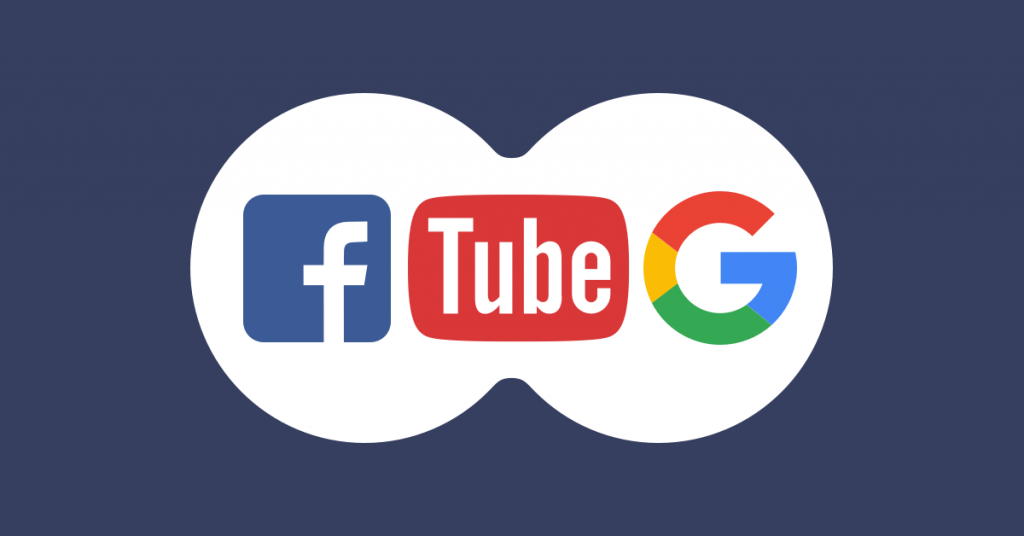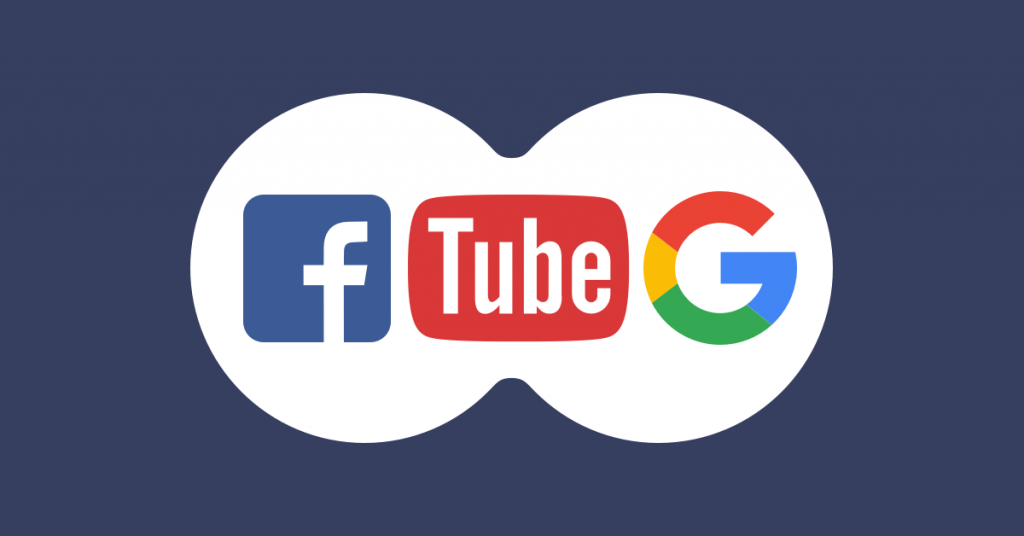We live in a social world where we can share the most important events of our lives with just about anyone with a social media presence. Whether you like it or not, this world comprises of your friends, family members, ex, your boss, and loads of people you don’t even know. Whatever we post on our social networks becomes a part of our digital footprint.
There is no denying the fact that the advent of social media has made our lives better in many different ways. However, it also makes different aspects of your life accessible to people you don’t intend to share them with. For example, you surely don’t want your boss to know how you spent your last vacation.
Worse still, some social media apps, like Facebook, even leak your online data like your personal phone number, date of birth, names, email address, or location. Once you are one of the millions of users whose data are stolen, you’ll possibly suffer from spam calls, malicious links or economic loss since hackers will possibly seduce you to transfer money to them.

What can People find out from Your Social Media?
Using social media does expose our personal information to people we may or may not be familiar with. Most of our favorite social networking platforms have expanded their range of social interactions by allowing us to share files, pictures, messages, and even our current locations.
Unfortunately, all this and much more about an individual can be revealed via his or her social media account.
• All social media platforms ask for a good deal of personal information while creating an account. Some of these personal details include date of birth, contact phone numbers, address, details of family members, education, employment history, sexual orientation, etc.
• The location of the users is also be revealed by social networks through a process known as geotagging. This reveals the location of an individual while creating an update or uploading an image.
• Once you post a status update on Facebook or Twitter, it can be seen by anyone on the internet, if the default settings are activated.
• While sharing photos and videos on social media, you may end up unintentionally revealing a lot of information. Some of the advanced cameras can embed metadata tags, revealing the location, time, and date of the photo.
• Some of the instant chatting tools tend to reveal the identity of the persons involved in the chat as well as the subject of their chat.
Tips to Safely Use Social Media
• Please ensure that your email addresses and phone numbers are hidden from public view in your social accounts. For Facebook, adjust the privacy settings so that only your friends can view your posts. On Twitter, don’t forget to uncheck the ‘Discoverability’ boxes.
• If you are using social media via apps, hide your activity status so that no one can see whether you are online or offline.
• Read receipt notifications convey to your contacts that you have read their messages. Turning off these notifications can further protect your privacy on social media apps.
• Always try to remain discreet about your whereabouts such as current location, vacation plans, etc.
• Avoid the games and quizzes that require access to your profile information.
• Try to limit your audience on social media by choosing who can view your updates and post. Avoid accepting friend requests from people that are unknown to you in real life.
• Always use an updated version of your security software.
You May Also Like:
- How to Tell if Someone is Spying on My Phone and How to Stop That
- Ask Your Employees These Questions to Easily Test Their Cybersecurity Awareness
- What’s Computer Hacking and How to Prevent It
- What is Ransomware? Everything You Should Know About Top 1 Possible Cyberattack in 2021
- Affected by Facebook Leak? How to Stay More Private on Social Media
